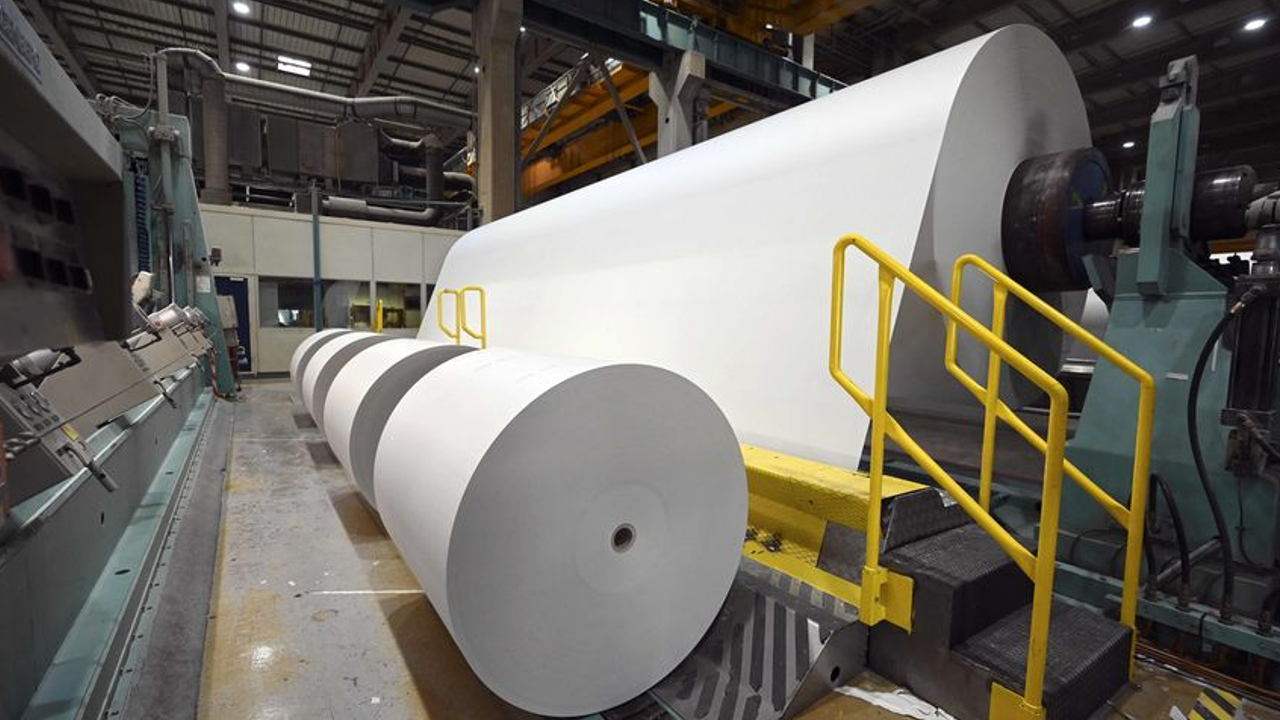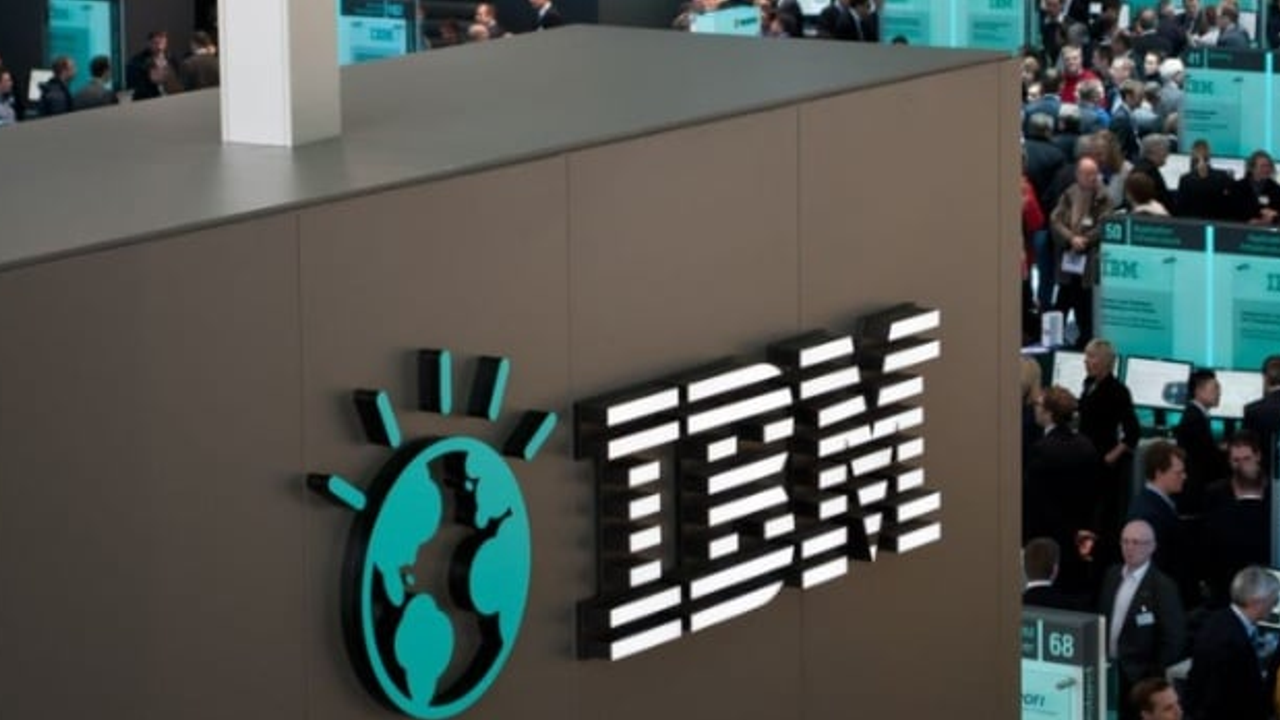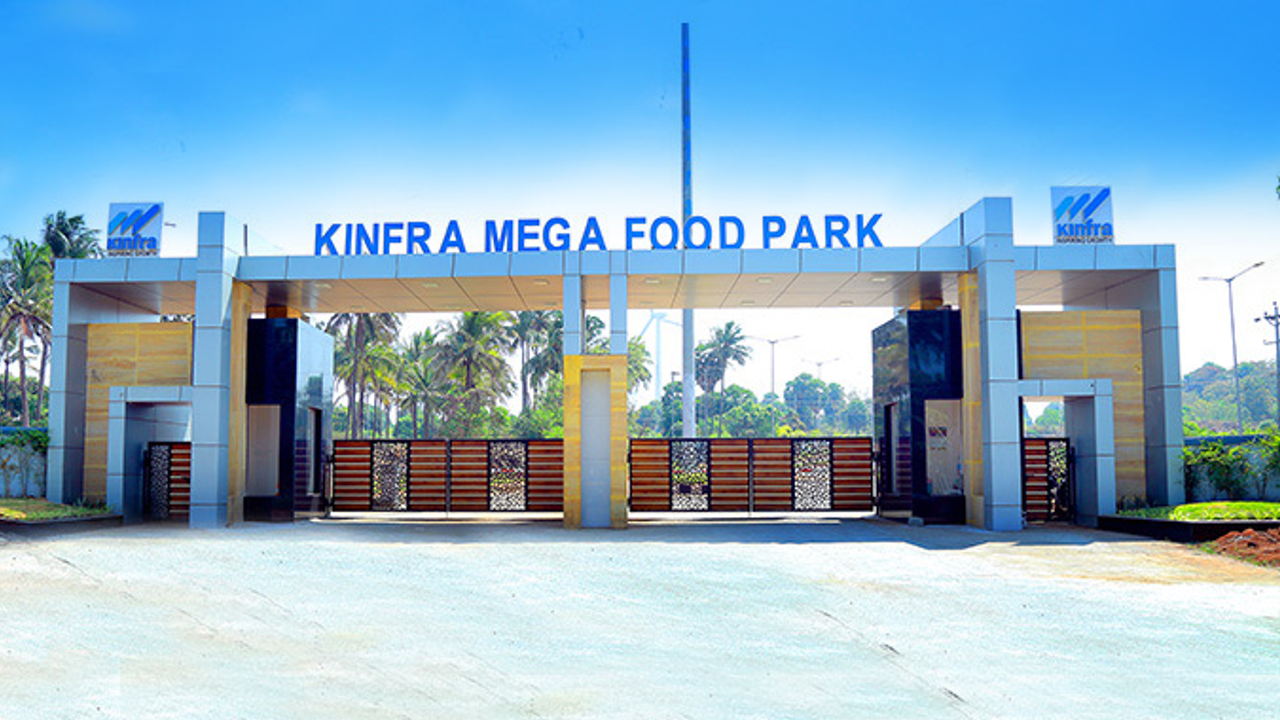Smashing the Row Over Kerala’s Industrial Growth: Reforms, Recognition, and Projects


Anie Anna Thomas
Published on Feb 18, 2025, 04:40 PM | 6 min read
MP Shashi Tharoor’s article, “Changing Kerala: From Lumbering Jumbo to a Lithe Tiger,” published in The New India Express, has ignited a debate on Kerala’s industrial growth under the Left Democratic Front (LDF) government. While Tharoor highlights the state’s progress through sweeping reforms, infrastructure investments, and investor-friendly policies, Congress leaders have criticised the article for its pro-government stance. Despite detailed data available on government websites, UDF leaders have both claimed credit for these developments and criticised the government, underscoring the need for rigorous fact-checking.
Kerala is redefining its industrial trajectory through reforms, infrastructure upgrades, and investment-friendly measures. These initiatives have propelled the state to the top of industrial rankings, earned global recognition, and laid the foundation for a future centred on innovation and growth.
National and Global Recognition
Kerala has achieved unprecedented recognition under the LDF government. The Entrepreneurial Year project was selected as a best practice initiative in the MSME sector during a high-profile meeting attended by the Prime Minister and has garnered praise from global institutions. Notably, the American Society for Public Administration recognised a Kerala project for the first time in its 86-year history.
Industrial Rankings
Kerala’s industrial rankings have seen a drastic rise. From 28th place, the state climbed to 15th and now holds the top position in the Industry-Friendly Ranking. Public sector enterprises have also thrived, with over 20 organizations turning profitable. For instance, Kerala Paper Products Limited (KPPL), which was taken over from the Central Government, has shown significant progress. Similarly, Kerala Minerals and Metals Limited (KMML) has achieved historic milestones—not only extracting iron from iron oxide using indigenous technology but also recording annual sales that exceed 1,000 crore rupees  KPPL
KPPL
Infrastructure and Industrial Park Initiatives
The Kochi–Bengaluru Industrial Corridor, with projected investments exceeding INR 10,000 crore in kerala, is set to create over 1,00,000 jobs. Additionally, 31 private industrial parks have received construction permits, with two already operational. The state provides financial assistance of up to 3 crore rupees per park to ensure smooth development.
Specialised facilities like the Standard Design Factory for IT/ITeS industries in Ramanattukara and the KINFRA Spices Park, inaugurated in October 2023, highlight Kerala’s sector-specific focus. The state is also investing in futuristic projects, such as a Graphene Production Facility at the Ottapalam KINFRA Defence Park, with a 94.85 crore rupees invested project approved to promote advanced material technologies.
Pioneering Technology, Aerospace, and Defence Collaborations
Kerala is emerging as a hub for technology, aerospace, and defence. Public sector entities like KELTRON, KMML have contributed to India’s space missions, including Chandrayaan-3 and Aditya L1. KELTRON recorded sales of 643.66 crore rupees in FY 2023–24 and launched India’s first supercapacitor manufacturing facility. The company also secured a major contract with L&T for actuator production and a 197 crore rupees order from Nagpur Corporation.
Global Partnerships and Expansions
Kerala’s technology ecosystem is attracting major global players. IBM, for example, has established a significant presence in the state and is on track to become one of the largest employers in the region, targeting 2,000 jobs within the next year. Global automotive software manufacturer Axia Technologies has set up its global headquarters and R&D centre in Thiruvananthapuram. Similarly, Systream Technologies, a leader in telecom and networking products, has opened an electronics equipment manufacturing centre in the state with an investment exceeding ₹100 crore.
International giants like Safran—a leading aerospace and defence company—have inaugurated their first unit in Kerala. Other notable collaborations include projects with companies from Germany, Norway, France, and Ireland, further solidifying the state’s reputation as a centre of innovation.
Empowering the Private Sector and MSMEs:
The Kerala government has launched initiatives like Mission 1000, aiming to transform 1,000 MSMEs into businesses with ₹100 crore annual revenue within four years. Under the MSME Insurance Scheme, the government covers 50% of insurance premiums, reducing financial risks for small enterprises. The Kerala Brand initiative promotes local products, starting with edible oil, while the Make in Kerala initiative encourages domestic production of goods typically imported from other states.
Investor-Friendly Reforms and Administrative Efficiency
Kerala has introduced administrative reforms to streamline processes and cut red tape. The K-Swift system enables rapid licensing, with some approvals issued in just 5 minutes for ventures up to 50 crore rupees. The government has also organised “Meet the Minister” programs in 13 districts to address investor grievances on the spot.
A comprehensive grievance redressal system ensures complaints are resolved within 30 days, with penalties for delays. The K-SIS system, designed for transparent inspections, has completed over 12,000 inspections without complaints.
Major Ongoing and Future Projects
Kerala’s ambitious industrial strategy is underscored by a long list of projects that are either completed, under construction, or in the planning stages. These projects span diverse sectors and promise to create significant employment opportunities and attract vast investments.
The Petrochemical Park in Kochi is one of the marquee projects, aimed at positioning the state as a major hub for petrochemical manufacturing.
Kerala is also moving ahead with plans for a Global City—a project poised to be the second such initiative in India and the first in South India. Although the project is still awaiting central government approval, expectations are high, with projected investments of 1,000 crore rupees and the creation of thousands of jobs.
Expanding Industrial Parks and Special Economic Zones
The state is expanding its network of industrial parks. For example, the KINFRA Film & Video Park in Palakkad has seen rapid development, with construction of additional buildings already underway. Other projects include specialized clusters like the Electronics Manufacturing Cluster in Kakkanad, the KINFRA Mega Food Park in Alappuzha, and dedicated medical equipment parks in Thiruvananthapuram.
The government has also initiated steps to set up a series of mini food parks, industrial facilitation parks, and an international exhibition and convention centre in Kakkanad, which was inaugurated on February 4, 2024.
Furthermore, as part of the expansion of the KINFRA Industrial Park in Mattannur, 45.96 acres in the Keezhallur villages have been acquired, with additional land allotment procedures nearing completion in several other areas.

Traditional Sector Reforms and Future Master Plans
The state has developed a master plan targeting 9,467 crore rupees in cumulative investments across 41 public sector enterprises by 2030. Institutions like the KEL-EML Kasargod unit, renovated after being taken over from the Central Government, have secured several international orders within months.
Kerala has raised wages in the coir industry, for instance, wages that had remained at a mere ₹3 per day decades ago have now been increased to 667 rupees per day and launched initiatives like the Kerala Khadi brand to promote local products globally. A 37 crore rupees allocation aims to revive the cashew industry, ensuring traditional sectors benefit from the state’s industrial drive.
As Kerala continues to implement these reforms, it is not just reshaping its economic landscape but also redefining the very nature of industrial development in India. The state’s proactive approach to nurturing technology, innovation, and entrepreneurship is attracting significant investments from global giants and fostering home-grown enterprises. With initiatives such as Mission 1000 for MSMEs, rapid licensing systems, and investor-friendly support structures, Kerala is building an ecosystem poised to sustain long-term growth.










0 comments